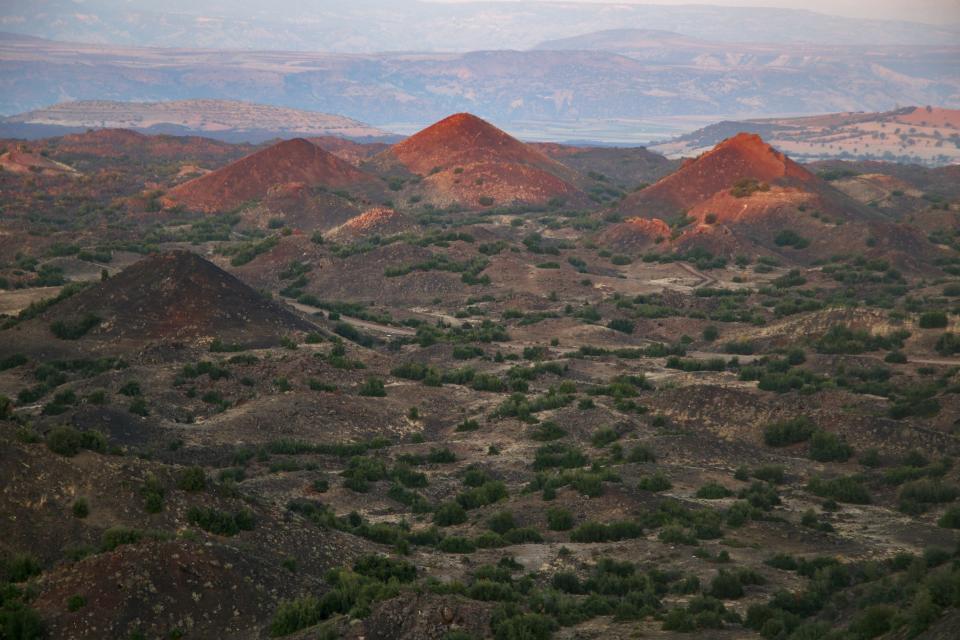Volcanoes have played larger role in temperature variability than previously thought

Researchers have discovered that volcanic eruptions have caused greater summer temperature variation over the last few millennia than was previously understood.
However, the scientists involved in the research were keen to point out that their findings do not reduce the significance of man-made climate crisis.
The study, which was led by Cambridge University and published in the journal Dendrochronologia, involved comparing data from more than 9000 living and dead tree samples with evidence from ice cores.
This revealed temperatures in Eurasia and North America from 1 CE onwards, which were then plotted against very large volcanic eruptions that have been recorded over the past 2000 years.
Similar long-term temperature models in the past have been skewed by relying too much on data from recent trees, according to the study’s researchers.
Ulf Büntgen, a professor in Cambridge's geography department and the study’s lead author, said: “There is so much we can determine about past climate conditions from the information in tree rings, but we have far more information from newer trees than we do for trees which lived a thousand years or more ago.”
"Removing some of the data from the more recent past levels the playing field for the whole 2000-year period we're looking at, so in the end, we gain a more accurate understanding of natural versus anthropogenic climate change,” he added.
The researchers discovered that volcanic activity could have a “cumulative effect” over a whole century rather than just a short-term effect, as some models suggest. Eruptions can slightly reduce temperatures for reasons including the release of sulphur particles, which block sunlight.
“In part, we can explain warm conditions during the 3rd, 10th and 11th centuries through a comparative lack of eruptions,” Prof Büntgen explained.
After teaming up with historians, researchers also suggested that periods with fewer eruptions, including parts of the Roman and medieval eras, were often politically stable and prosperous.
Read more
Mount Merapi: Indonesia’s most volatile volcano spews 6km-high column of ash in new eruption
Iceland hit by thousands of earthquake tremors as scientists warn volcano may erupt

